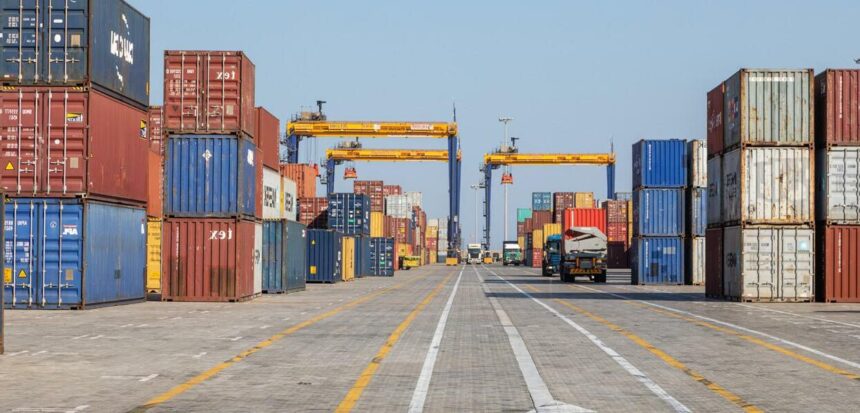Rudolf Gaiseb
Namibia’s exports to Türkiye fell from N$48.69 million in 2023 to N$35.10 million in 2024, representing a 38.7% decrease.
The main cause of this decline has been attributed to a 78% drop in wood and charcoal exports from N$49 million in 2023 to N$26 million in 2024.
“Namibia’s exports to Türkiye increased slightly throughout this time, but they were still quite small about imports. As a result, Namibia maintained a trade deficit with Türkiye, but it gradually decreased as a result of the significant drop in imports. The changes in some import categories, specifically ore, slag and ash as well as mineral fuels and oils largely influenced Namibia’s trading relationship with Türkiye,” stated trade and industrialisation ministry spokesperson Elijah Mukubonda.
He reported that the significant imports of ores, slag and ash, which accounted for 82.3% of all imports in 2020, were a major factor in the overall trade peaking at N$1.06 billion at that time.
However, in 2021, Namibia reported no imports of this product category, which led to a dramatic drop in overall imports by N$508 million, indicating a dramatic change in the trade volume.
In the years that followed, overall commerce continued to drop, mostly as a result of declining import levels.
A 49.1% decrease in overall trade occurred in 2023 when it fell to N$312 million from N$466 million in 2022.
“A significant drop in the import of mineral fuels, oils and related products, which previously made up 77.1% of Namibia’s total imports from Türkiye in 2022, was the main cause of this dip. When the decline in import quantities levelled out, total trade dropped by 4.5% by September 2024 to N$299 million,” he added.
Namibia’s exports in minerals have been impacted by global economic patterns, including the volatility of commodity prices. Supply chain interruptions hindered trade and affected logistics between the two nations, especially during the Covid-19 pandemic.
Despite this decrease, the two countries are dedicated to advancing commerce and fortifying their relations.
Mukubonda added: “The value of Türkiye’s imports into Namibia in 2024 was N$264.37 million, which is roughly equal to the N$264.16 million that was recorded in 2023. Despite a decline from the high levels observed in previous years, imports are still significant, and contribute to Namibia’s continuous trade imbalance with Türkiye”.
The two countries signed a Trade and Economic Cooperation Agreement (TECA) on 5 November 2014. This agreement encompasses the promotion and cooperation in the areas of investment, energy and mineral resources, agriculture and livestock development, education and health, as well as science and technology.
In their first session of the joint committee, both sides reaffirmed their commitment to work and develop their cooperation across specific areas to further expand their bilateral trade.
Trade volume
Between January and September 2024, Namibia and Türkiye’s total trade volume was N$299 million.
This is less than the entire trade of N$313 million in 2023, which was lower than the peak of just over N$1 billion in 2020.
The 2024 data, however, only goes back to September. Mukubonda underscored that the steady decline in trade volume over time may be the result of a change in trading patterns manifesting as a cooling of trade ties.
In 2024, Namibia’s exports to Türkiye were worth N$35 million, which was less than the approximately N$49 million produced the year before. “Exports have been fluctuating, reaching a peak in 2023, but they are still small in relation to the significant imports. The slow export growth underscores Namibia’s difficulties in growing its market share in Türkiye,” he said.
Türkiye ambassador Feral Çekerek Oruçkaptan recently noted the bilateral trade volume between Türkiye and Namibia to be around US$18 to US$20 million per year.
“Turkish-Namibian Business Council, which was established in 2016, plays an important role in turning the economic potential into reality,” she said. Türkiye also supports sustainable solutions in Namibia through the Turkish Cooperation and Coordination Agency (TIKA) projects to tackle challenges caused by climate change in Namibia.
The agency has completed projects in education, agriculture, animal husbandry, health, irrigation, social development, wildlife preservation and capacity-building areas.


